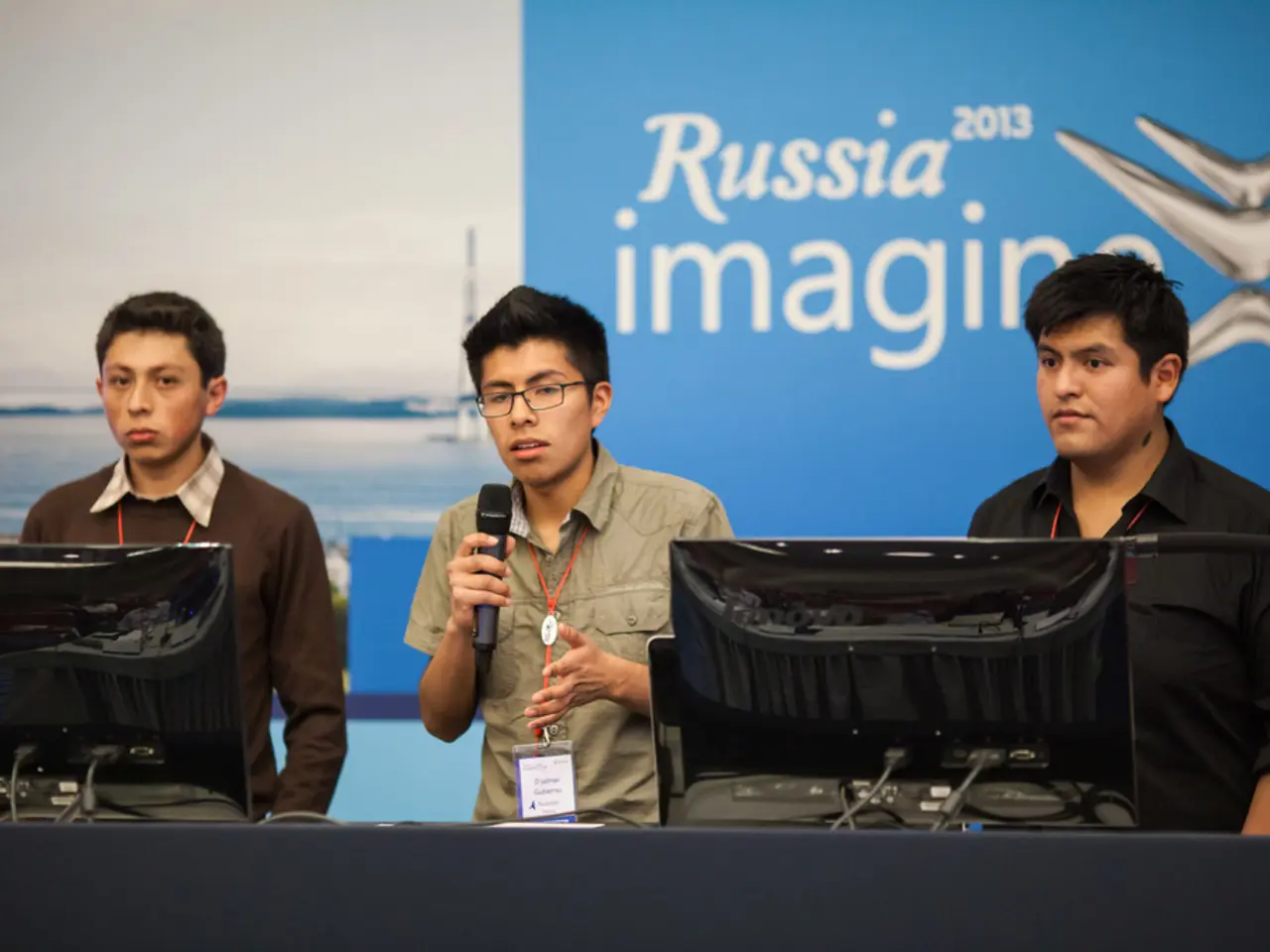Intensified Commitment by European Defense Leaders to Exert Pressure and Put an End to the Conflict Following a Russian Attack on Kyiv
In the face of mounting tension and airstrikes against Ukraine, European defense ministers have pledged to increase their support for the embattled nation and impose pressure on Russia.
The United Nations Security Council has scheduled an emergency meeting to discuss the airstrikes, which have resulted in casualties and damage to infrastructure, including a European diplomatic compound in Kyiv. The Russian air assault on the city killed 23 people and caused significant damage.
The European Union (EU) is considering various measures to bolster Ukraine's security. Discussions have included ramping up defense supplies to Ukraine's army, potential EU training missions in Ukraine, and even the deployment of European troops to guarantee security and monitor peace.
In a show of solidarity, Europe's leaders have condemned Russia and called for tougher measures. These include seizing frozen assets, imposing further sanctions, and increasing support for Ukraine's military and EU membership.
The U.S. is urging Europe to shoulder a significant portion of the security burden, with the White House press secretary criticizing both Russian President Vladimir Putin and Ukrainian President Volodymyr Zelenskyy after Thursday's attack on Kyiv.
Simon Harris, Ireland's defense minister, emphasized the necessity of forcing Russia to end the war, while Lithuania's Defense Minister Dovilė Šakalienė stated that hope for peace is "naive" and that Europe must seize frozen Russian assets.
Defense ministers from the 27-nation EU bloc have also discussed increasing sanctions on Russia. In a bid to unite efforts, a coalition of 30 countries, including European nations, Japan, and Australia, has signed up to support a force that could backstop any peace agreement in Ukraine.
Kaja Kallas, foreign policy chief for the European Union, has stressed that pressure is the only thing that works on Russian President Vladimir Putin. She also mentioned working around Hungary's refusal to back Ukraine, with the potential use of NATO's new Prioritised Ukraine Requirements List.
In a proactive move, European Commission President Ursula Von der Leyen began a tour of EU nations bordering Russia or Belarus, visiting arms factories and border installations. The U.S. has also taken action, approving a $825 million arms sale to Ukraine.
As the situation in Ukraine remains uncertain, the international community continues to rally support and impose pressure on all parties involved, with the hope of restoring peace and stability in the region.
Read also:
- ICE directed to enhance detention conditions following NYC immigrants' allegations of maltreatment
- Israeli finance minister issues warnings about potential annexation of West Bank territories
- United States faces rebuttal from South Africa over allegedly deceitful human rights report and assertions of land expropriation
- Accident at Rodalben Results in Injuries; Geoskop Area near Kusel Affected After Stormy Weather








